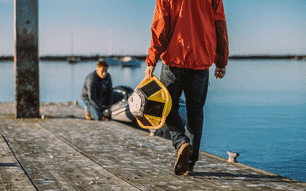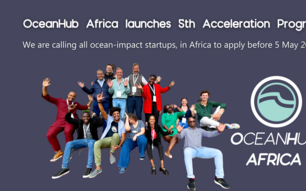The report, Supply Chained: Human Rights Abuses in the Global Tuna Industry, featuresnew interviews with survivors of trafficking and forced labour in Indonesia who faced abuse and food deprivation on Thai-operated fishing vessels.
These ships transferred their tuna and other fish to a Thai carrier vessel, Marine One, which is owned by Thailand’s Silver Sea Line Co. Ltd – the same company implicated in a recent Associated Press investigation for transporting seafood caught using forced labour to a Thai Union supplier.
“Thousands of trafficked workers that caught fish including tuna destined for Thailand are now either unaccounted for or stranded in Indonesia with an uncertain future,” said Mark Dia, Regional Oceans Campaign Coordinator, Greenpeace Southeast Asia.
Over 96 per cent of Thai Union’s tuna is sourced from areas other than Thailand, yet the company has only committed to a human rights audit for the 4 percent of tuna caught in Thai waters, along with its shrimp operations.
Thai Union has also ended the transfer of fish from ships to larger shadowy vessels in Thai waters, a process known as transhipment, but has not addressed the same issue for the majority of its tuna which is sourced from other countries. Transhipment at sea exacerbates the risk of human rights abuse by enabling vessels to trap workers and stay at sea indefinitely.
“Thai Union has not taken the necessary steps to ensure its tuna products are supplied by vessels free of forced labour,” said Mr Dia.
“The company must clean up more than its shrimp operations and the limited fishing fleets in Thailand to make meaningful changes on the water. Failure to do so will ensure seafood caught by abused workers continues to find its way onto dinner plates all over the world.”




